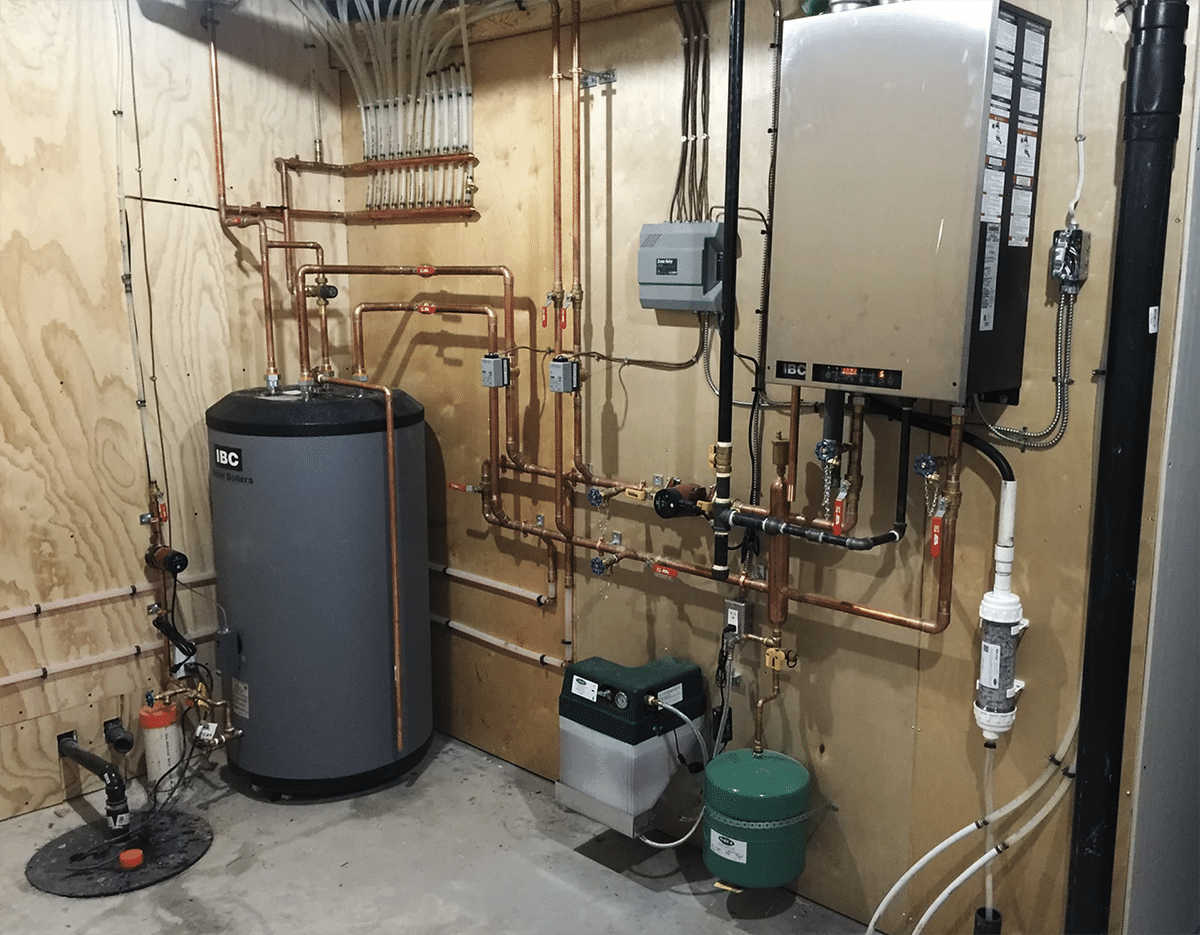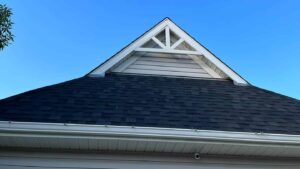
It’s hard to imagine your home without warm, running water. However, this is precisely what can happen if your boiler and pipes fall into disrepair. Proper maintenance and regular servicing from your professional plumbing company are crucial for keeping the water running (and not leaking).
Furthermore, if your home uses Poly-B piping, it’s even more important to schedule regular inspections with your plumber. This is because homes with Poly-B plumbing often break down over time and can leak.
Free Flow Mechanical in Edmonton specializes in plumbing, gas, and boiler installation and repair. Here they offer their tips for maintaining your Poly-B pipes and boiler.
Table of Contents
ToggleWhat is Poly-B plumbing?
Canadian homes built in the 1970s until the early ’90s commonly used Polybutylene (Poly-B) pipes. However, by the mid-1980s, many homeowners with Poly-B pipes encountered leaks that resulted in water damage and mould. Consequently, Poly-B was removed from Canada’s National Plumbing Code in 2005. Learn more about Poly-B plumbing.
There are an estimated 700,000 homes in Canada with Poly-B plumbing. While many are still leak-free, all Poly-B plumbing will eventually need to be replaced. These pipes slowly deteriorate from the inside, and their plastic fittings are prone to cracking. All in all, Poly-B pipes are unreliable and eventually fail. However, you can extend their longevity and protect your home with proper maintenance and regular servicing from your professional plumber.
How to maintain Poly-B plumbing
Poly-B piping often begins leaking 10 to 15 years after installation. To maximize its life expectancy, there are a few things you can do:
Replace the plastic fittings. Poly-B pipes initially used plastic fittings, which tend to crack and leak over time. Your plumber can replace these with copper or brass. Additionally, do not crimp these fittings too tightly as this can result in hairline fractures.
Lower the pressure. High water pressure stresses the pipes and fittings. If damaged, you’re likely to have a leak on your hands. Your plumber can install pressure-reducing valves to reduce the water pressure between 40 and 60 psi.
Less chlorine. Poly-B pipes are particularly vulnerable to chemicals like chlorine. These chemicals slowly degrade Poly-B lines from the inside. In general, municipal water in Canada is free of or has very low amounts of chlorine. However, even a drop impacts Poly-B pipes, so if you live in an area that uses chlorine, invest in a high-quality water filter.
Turn down the heat. Poly-B pipes deteriorate quicker in hot water. Consequently, Poly-B pipes should never be directly connected to a hot water tank.
Consult your plumber. There’s no substitute for an expert opinion. Contact Freeflow Mechanical Ltd. for a professional assessment of your Poly-B pipes! They can also offer a quote to replace your Poly-B plumbing.
How to maintain your boiler
Boiler maintenance should always be done by a professional. However, here are three maintenance tips you can do yourself:
Look for leaking water. Leaks commonly come from the heat exchanger. Small puddles of water often mean it’s time for a replacement. Similarly, examine the vents and chimney for holes, which will eventually lead to leaks.
Watch out for unusual noises or vibrations. Contact your professional boiler repair specialist if your boiler is banging, rattling, humming, or making other unusual sounds. These noises can point to poor water flow or overheating.
Replace the filters. Every month, examine your boiler’s filters to see if they’re clean and free from debris.
Free Flow Mechanical
Free Flow Mechanical provides professional plumbing, gas, and hydronic heating for residential and commercial clients in Calgary. Their expertise allows them to handle new construction, renovation, and repair projects easily and efficiently. In addition, they believe in delivering amazing and reliable customer service to all their clients.
Contact Free Flow Mechanical today!










